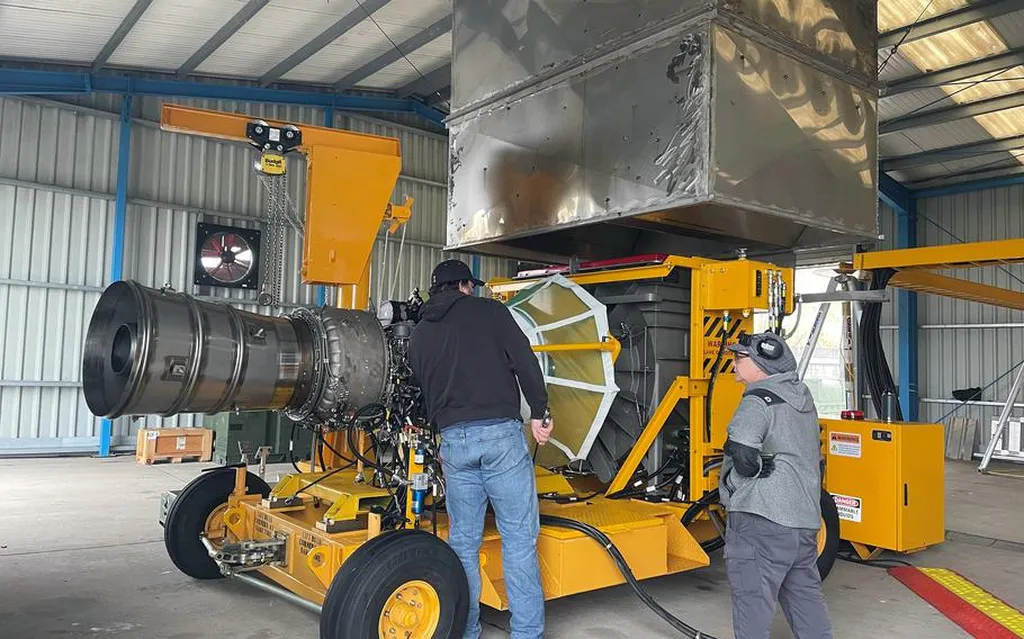In the world of maritime engineering, keeping diesel engines running smoothly is a top priority. A recent study published in the Polish Maritime Research, or ‘Polish Maritime Research’ in English, sheds light on how advanced diagnostic tools can help spot trouble before it starts. Led by Zbigniew Korczewski from the Gdansk University of Technology, the research dives into the capabilities of the Blitz-PRO utility computer program, which acts as a digital twin for the Weichai WP4 engine.
So, what’s the big deal? Well, imagine your engine starts acting up. Maybe it’s using the wrong fuel, or perhaps there’s some wear and tear in the high-pressure fuel pump. These issues can be tricky to pin down, but Korczewski’s work shows how Blitz-PRO can simulate these problems and help engineers identify them early on. “The basic assumptions of the mathematical model of the diesel engine used in Blitz-PRO are outlined here,” Korczewski explains, “and numerical experiments are conducted on the model to simulate the behaviour of the Weichai WP4 engine after the introduction of the considered states.”
Why does this matter for the maritime industry? Early detection of engine issues can save shipping companies a fortune in repairs and downtime. Korczewski’s research highlights how a relational model, based on the results of numerical simulations, can form the basis for diagnostic reasoning. This means that by comparing changes in diagnostic parameters, engineers can spot similar states in fuel-fed systems across different engine types.
The commercial impacts are significant. Shipping companies can reduce maintenance costs, improve fuel efficiency, and minimize environmental impact by catching problems early. “A comparative analysis of the changes in the diagnostic parameters of the relational model and the resulting syndromes enables early detection of similar states of fuel-fed systems for similar engine types,” Korczewski notes. This kind of predictive maintenance is a game-changer, allowing for proactive rather than reactive management of engine health.
For maritime professionals, this research opens up opportunities to integrate advanced diagnostic tools into their operations. By leveraging the capabilities of programs like Blitz-PRO, companies can ensure their engines are running at peak performance, ultimately leading to more efficient and cost-effective operations.
In essence, Korczewski’s work is a step forward in the quest for more reliable and efficient marine diesel engines. As the maritime industry continues to evolve, the ability to predict and prevent engine issues will be crucial. And with tools like Blitz-PRO, the future looks bright for keeping our engines—and our ships—running smoothly.

